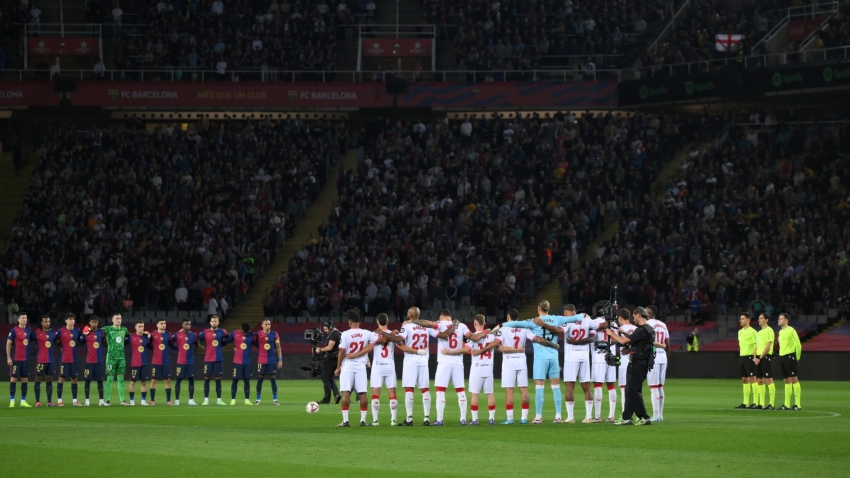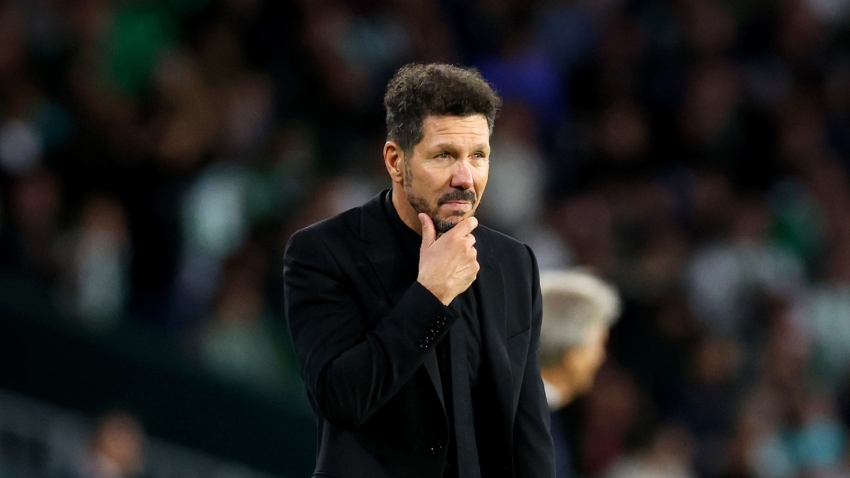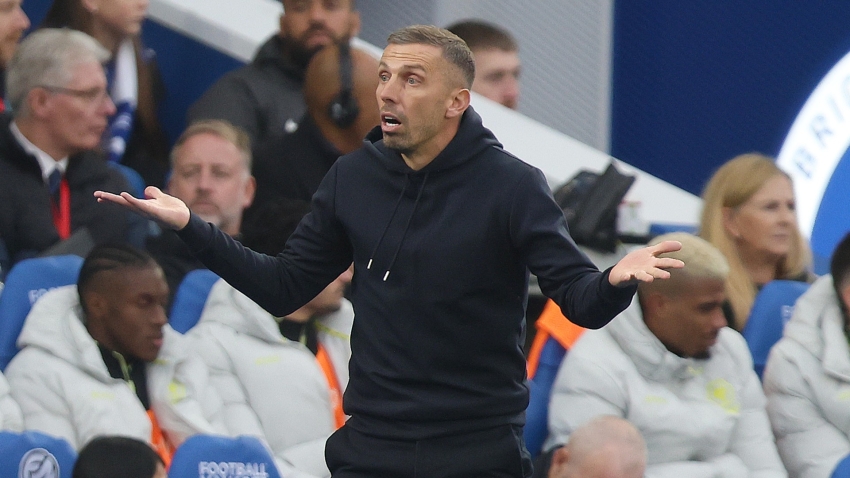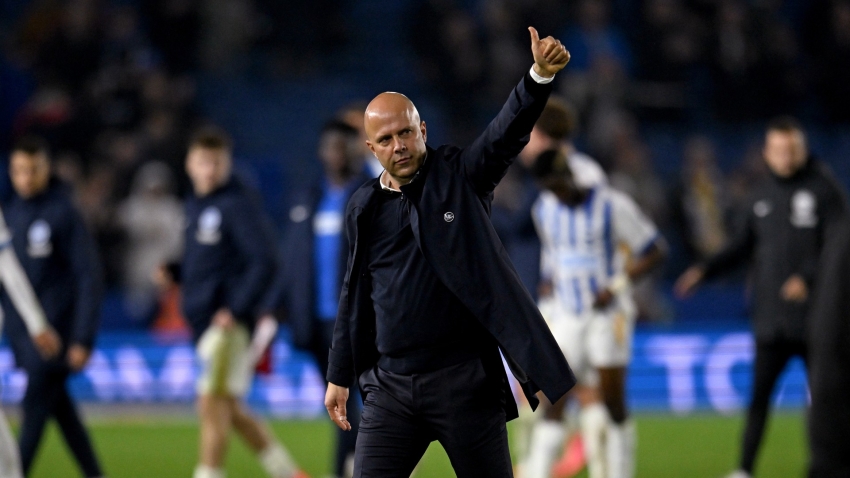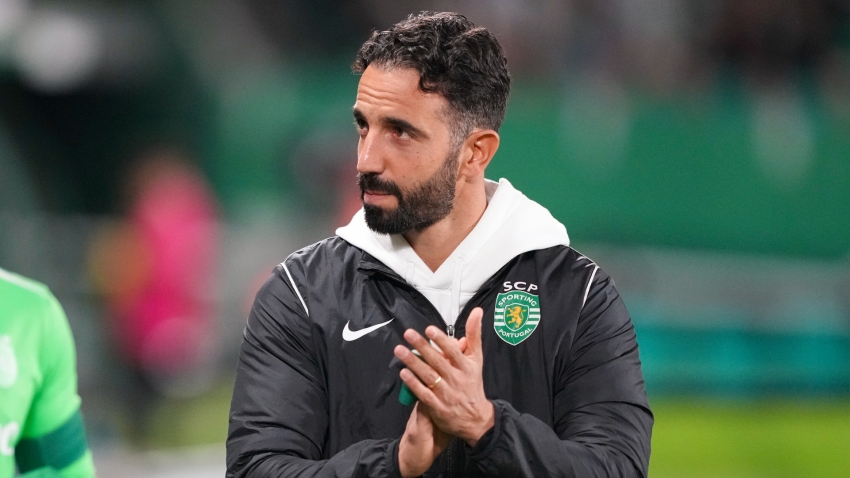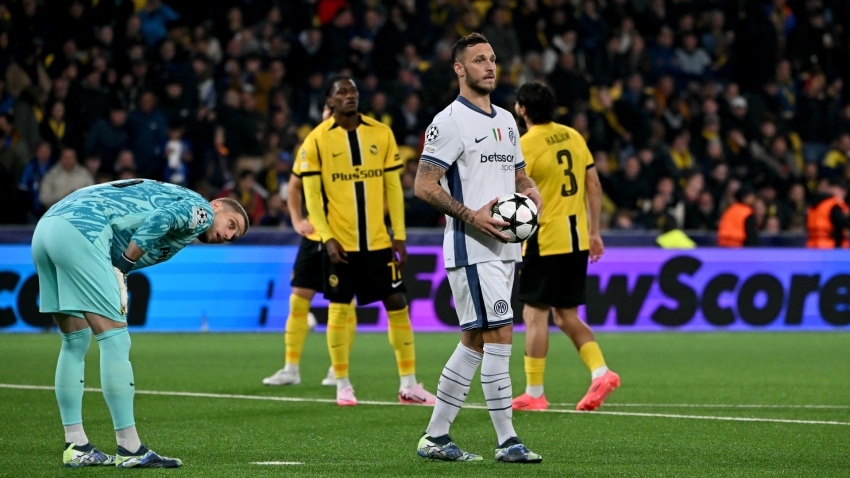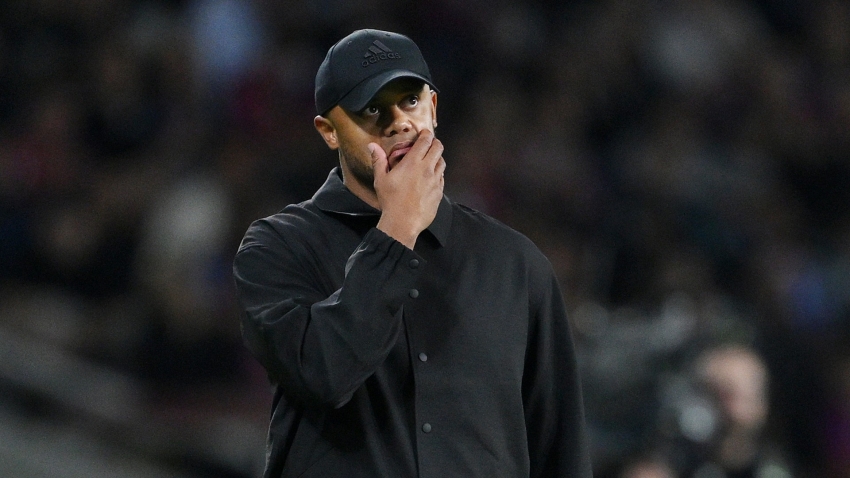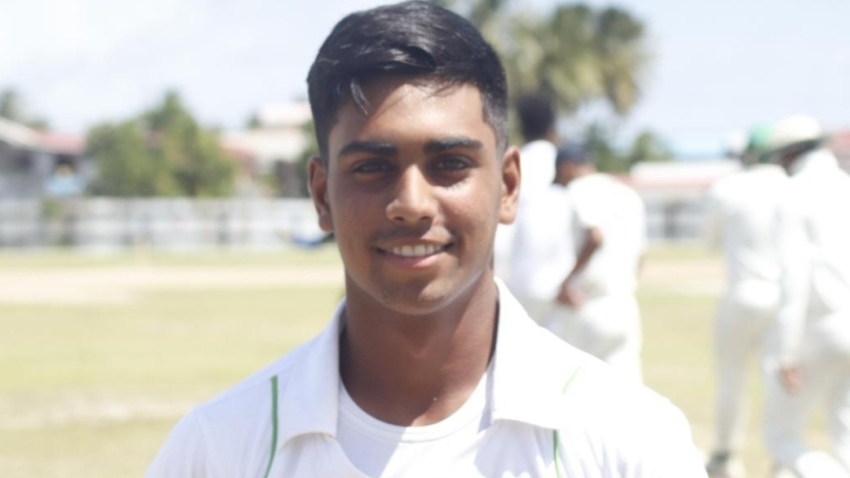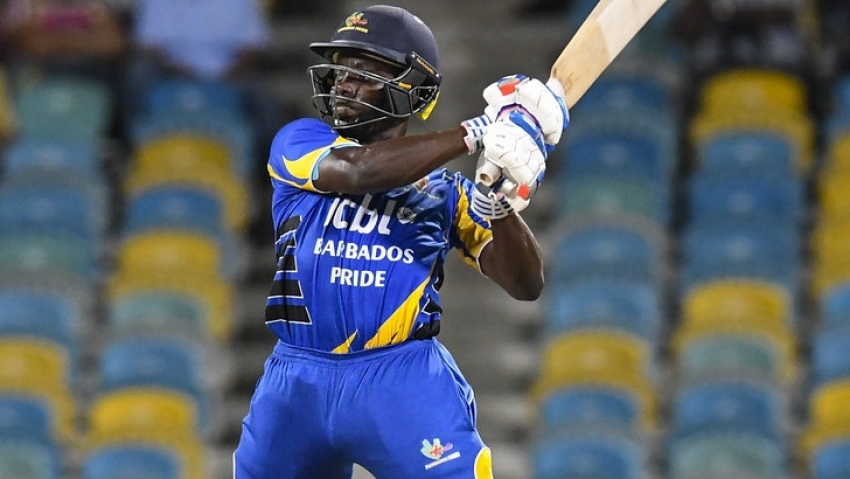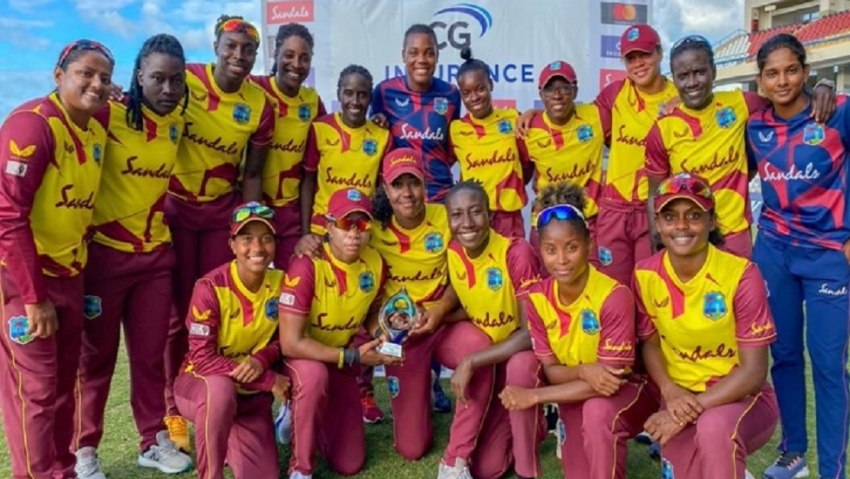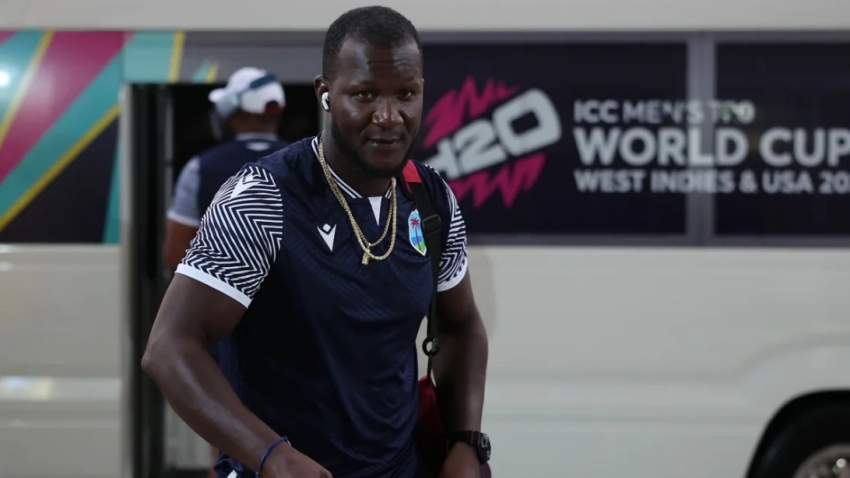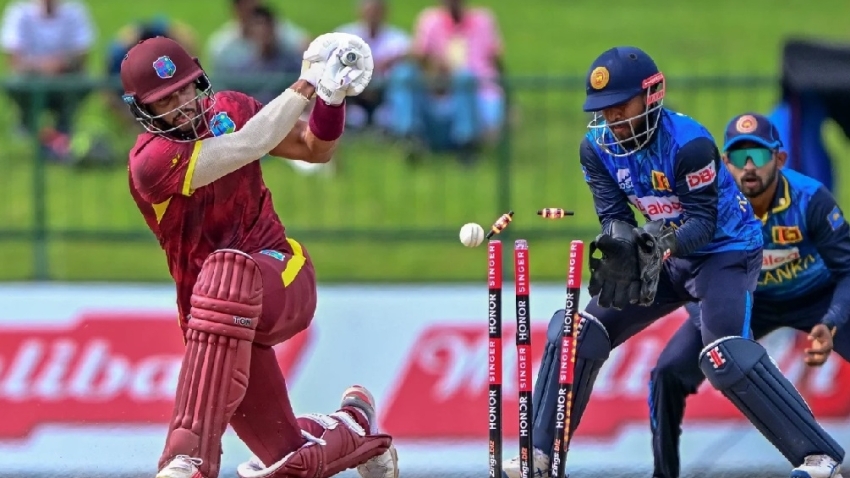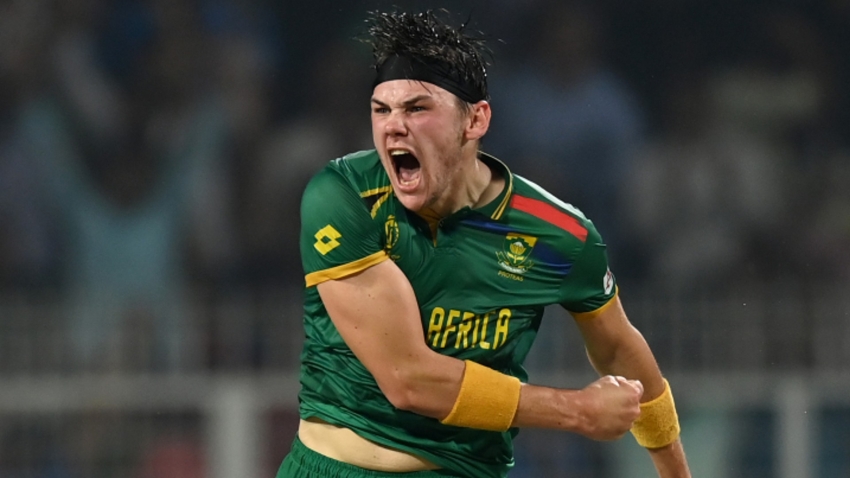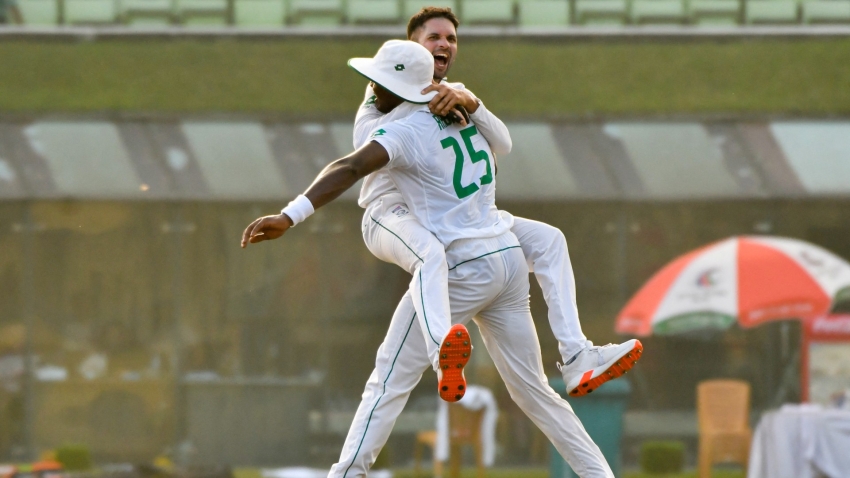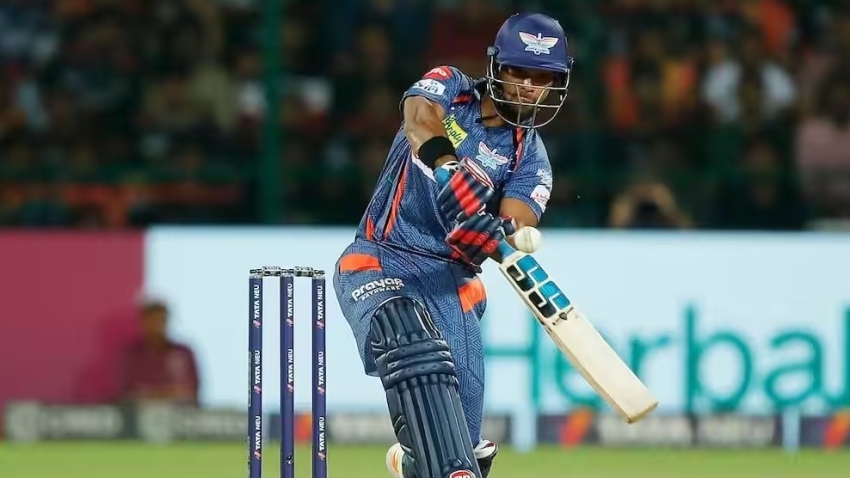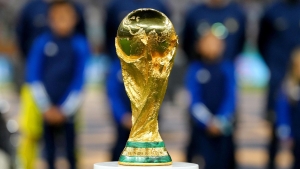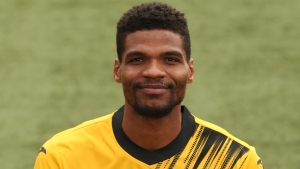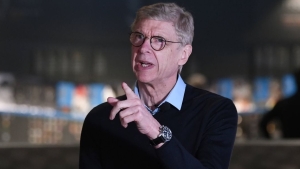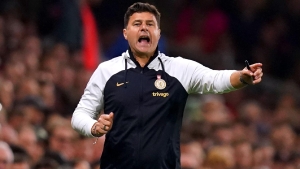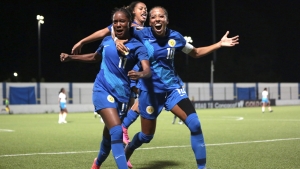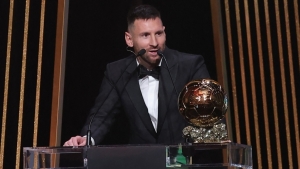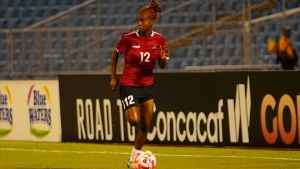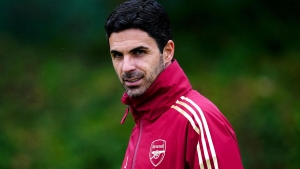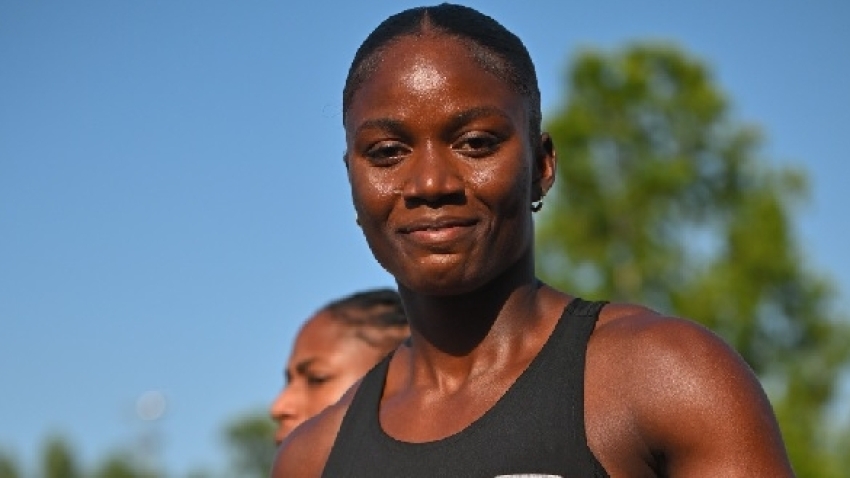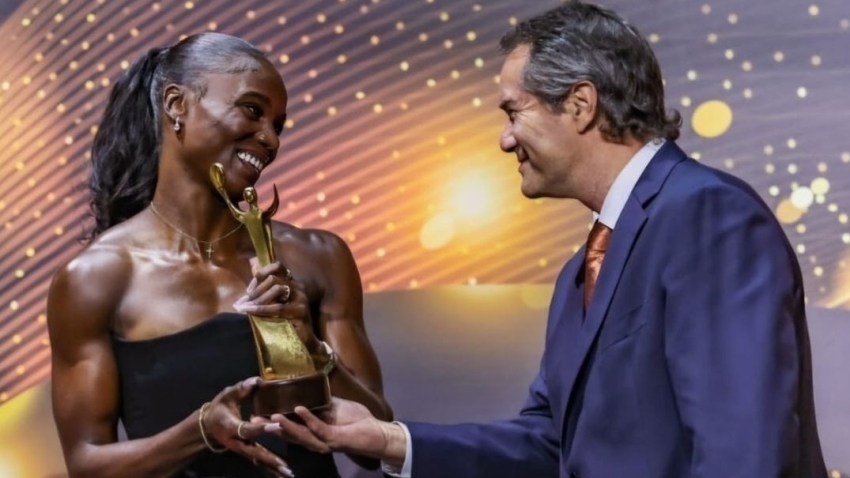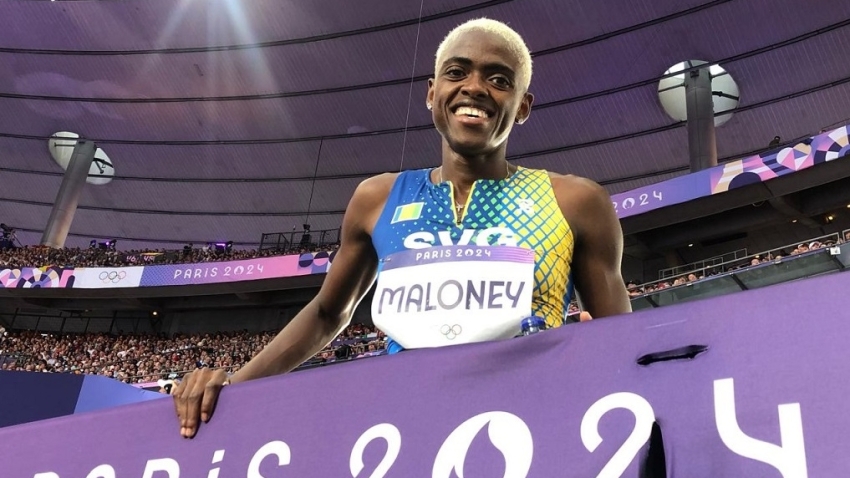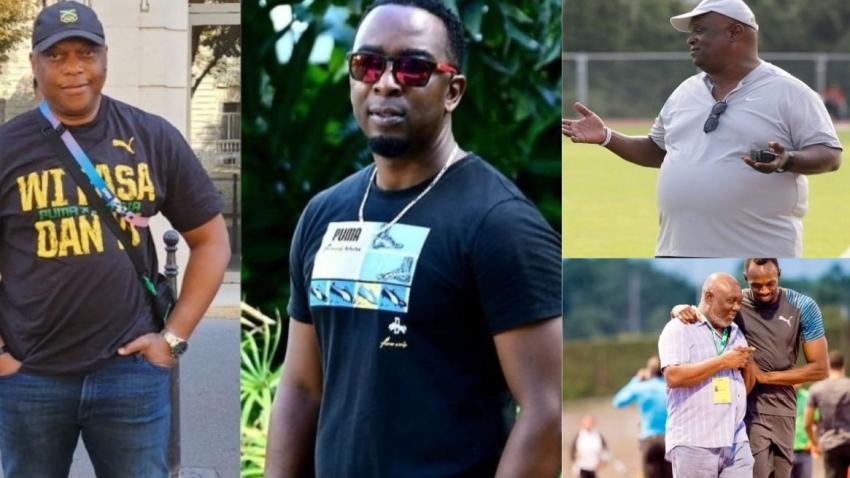Saudi Arabia is set to stage the World Cup in 2034 after being confirmed as the sole bidder.
Australia was the only potential challenger but Football Australia announced hours before FIFA’s deadline on Tuesday that it would not be submitting a bid.
FIFA had already said the tournament would be held in Asia or Oceania, while Saudi Arabia had garnered immediate support from the Asian Football Confederation.
A Saudi World Cup, which may not be confirmed until a FIFA Congress late next year, is likely to be highly controversial given concerns over the country’s human rights record.
It would almost certainly mean another winter edition, as with last year’s tournament in Qatar, due to the extreme heat during the region’s summer.
A FIFA statement said: “The FIFA administration will conduct a targeted dialogue with bidders to ensure complete, comprehensive bids are received and evaluated against the minimum hosting requirements as also previously approved by the FIFA Council.
“This dialogue will focus on the defined priority areas of the event vision and key metrics, infrastructure, services, commercial, and sustainability and human rights.”
A statement from Football Australia said it had “explored the opportunity” of a bid but had decided against it.
“Having taken all factors into consideration, we have reached the conclusion not to do so for the 2034 competition,” the statement said.
“Football Australia is ambitious to bring more major tournaments to our shores. We believe we are in a strong position to host the Women’s Asian Cup in 2026 and then welcome the greatest teams in world football for the 2029 FIFA Club World Cup.”
It said hosting those events, in between the 2023 Women’s World Cup and 2032 Olympics in Brisbane, would complete a “truly golden decade for Australian football”.
CEO James Johnson added: “The reality is I don’t like to throw darts at a dartboard. When we weigh up these decisions, I like to bet on sure things. I realised we could have a shot but I think at the end the outcome was not going to be favourable to Australia.
“Saudi is a strong bid. They’ve got a lot of resources. They’re disrupting European club football at the moment. Their government are prioritising investment in football and I think that’s difficult to compete with.”
Saudi Arabia announced its declaration of interest within hours of FIFA outlining the process for hosting the 2034 tournament earlier this month.
With the 2026 finals heading to the United States, Canada and Mexico and the 2030 finals to Spain, Portugal and Morocco, including some matches in South America – subject to approval by FIFA’s congress – only bids from the Asian Football Confederation and the Oceania Football Confederation were being considered.
Saudi Arabia confirmed on October 4 that it would bid for the showpiece tournament in 2034.
Saudi minister of sport Prince Abdulaziz bin Turki Al Faisal said in a statement via the Saudi Press Agency: “Hosting a FIFA World Cup in 2034 would help us achieve our dream of becoming a leading nation in world sport and would mark a significant milestone in the country’s transformation.
“As an emerging and welcoming home for all sports, we believe that hosting a FIFA World Cup is a natural next step in our football journey.”
Last week Human Rights Watch complained that FIFA was failing to apply its own rules in regards to Saudi Arabia’s bid, specifically article seven of its human rights policy.
The article states: “FIFA will constructively engage with relevant authorities and other stakeholders and make every effort to uphold its international human rights responsibilities.”
Minky Worden, director of global initiatives at Human Rights Watch, said: “The possibility that FIFA could award Saudi Arabia the 2034 World Cup despite its appalling human rights record and closed door to any monitoring exposes FIFA’s commitments to human rights as a sham.”
On Tuesday, Steve Cockburn, Amnesty International’s head of economic and social justice, urged FIFA not to rush into a decision, saying: “With only a single bid for each tournament on the table, FIFA may have scored an own goal.
“FIFA must now make clear how it expects hosts to comply with its human rights policies. It must also be prepared to halt the bidding process if serious human rights risks are not credibly addressed.
“The best chance for FIFA to obtain binding guarantees to protect workers’ rights, ensure freedom of expression and prevent discrimination linked to the World Cup is during the host selection process – not after the hosts have been confirmed and tournament preparation has begun.”
Confronting accusations of “sportswashing” in an interview with Fox News last month, Saudi Arabia’s Crown Prince Mohammed bin Salman said: “If sportswashing is going to increase my GDP by way of one per cent, then I will continue doing sportwashing.
“I don’t care. One per cent growth of GDP from sport and I’m aiming for another one-and-a-half per cent. Call it whatever you want, we’re going to get that one-and-a-half per cent.”
Eddie Howe, manager of Saudi-backed Newcastle, was asked about the prospect of a Saudi Arabian World Cup at a press conference on Tuesday.
“Our trips out there to Riyadh and Jeddah were two different experiences,” Howe said. “Wherever we went was really well organised and we were well looked after. If that’s a sign of what a World Cup there might look like then you can rest assured that everything will be structurally really good.”





